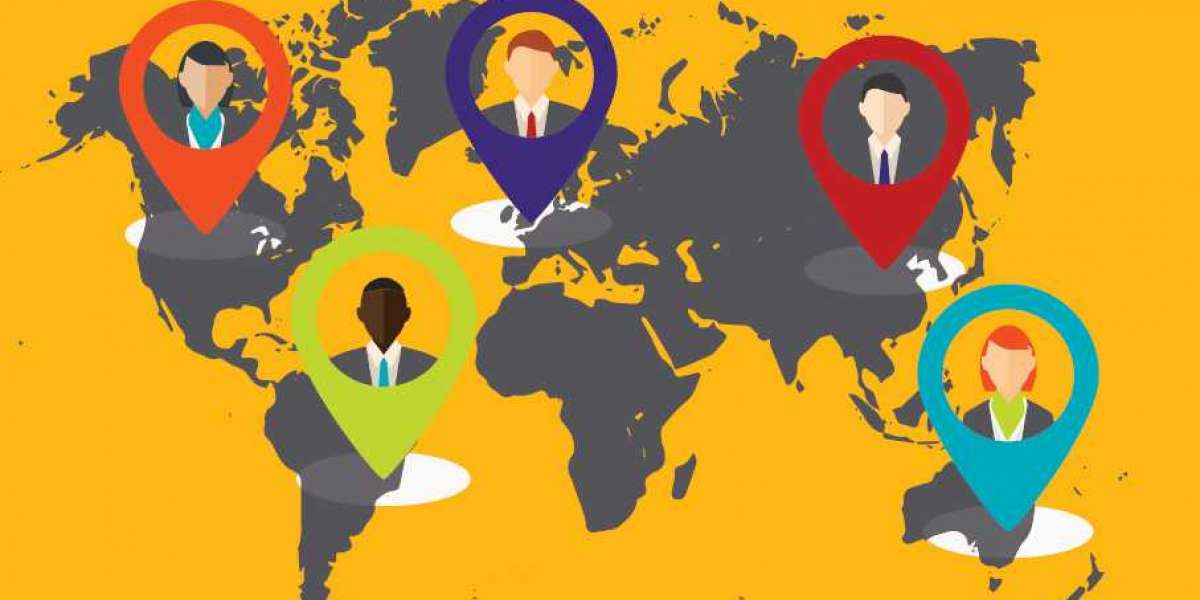The world has become increasingly interconnected, and multiculturalism and intercultural relations have become significant factors in modern society. In a globalized world, people from different cultures come into contact with one another, creating a need for a better understanding of diverse cultures and intercultural communication.
Multiculturalism is defined as the coexistence of different cultures within a society, while intercultural relations refer to the interaction and exchange between people from different cultures. The relationship between the two is important because it determines how individuals from different cultures interact with each other and how they perceive the world.
The concept of multiculturalism has gained prominence over the years as societies become more diverse. It promotes the appreciation and recognition of different cultures, and it is a positive force for social change. Multiculturalism is seen as a way of promoting social harmony and reducing discrimination and prejudice by emphasizing the importance of cultural diversity.
Intercultural relations, on the other hand, refer to the exchange of information and understanding between different cultures. Intercultural communication is a critical aspect of intercultural relations. It involves understanding the differences between cultures and the challenges that arise when people from different cultures interact.
In today's globalized world, intercultural communication has become more important than ever. As people from different cultures come into contact with each other, the need for effective intercultural communication becomes essential. Misunderstandings can easily arise due to cultural differences, and these misunderstandings can lead to conflicts.
To overcome these challenges, it is essential to develop intercultural communication skills. Individuals must learn to be aware of their own cultural values and beliefs while being sensitive to the cultural differences of others. Effective intercultural communication involves respecting and valuing cultural diversity, developing empathy and respect for others, and being willing to learn about different cultures.
In addition to intercultural communication, multiculturalism and intercultural relations have significant impacts on many aspects of society, including the economy, education, politics, and social dynamics. Multiculturalism is linked to increased economic growth, creativity, and innovation, as it promotes diversity and new ideas.
Multiculturalism also has an impact on education. It exposes individuals to different perspectives and cultures, leading to a more inclusive and accepting society. Exposure to different cultures allows individuals to broaden their understanding of the world and to develop a sense of empathy towards others.
In politics, multiculturalism has an impact on the way governments approach immigration policies, social integration, and minority rights. Policies that promote multiculturalism and intercultural relations have been shown to be effective in reducing discrimination and promoting social cohesion.
Finally, multiculturalism and intercultural relations have an impact on social dynamics. As societies become more diverse, it becomes essential to develop an understanding and appreciation of different cultures. This leads to a more inclusive society, where individuals are valued for their differences, and there is a sense of belonging for all.
In conclusion, multiculturalism and intercultural relations are critical factors in modern society. They promote the recognition and appreciation of cultural diversity, and they provide a platform for intercultural communication and exchange. Multiculturalism and intercultural relations have a significant impact on the economy, education, politics, and social dynamics. As societies become more diverse, it is essential to develop intercultural communication skills and to value cultural diversity. Ultimately, embracing multiculturalism and intercultural relations can lead to a more inclusive and harmonious society.







